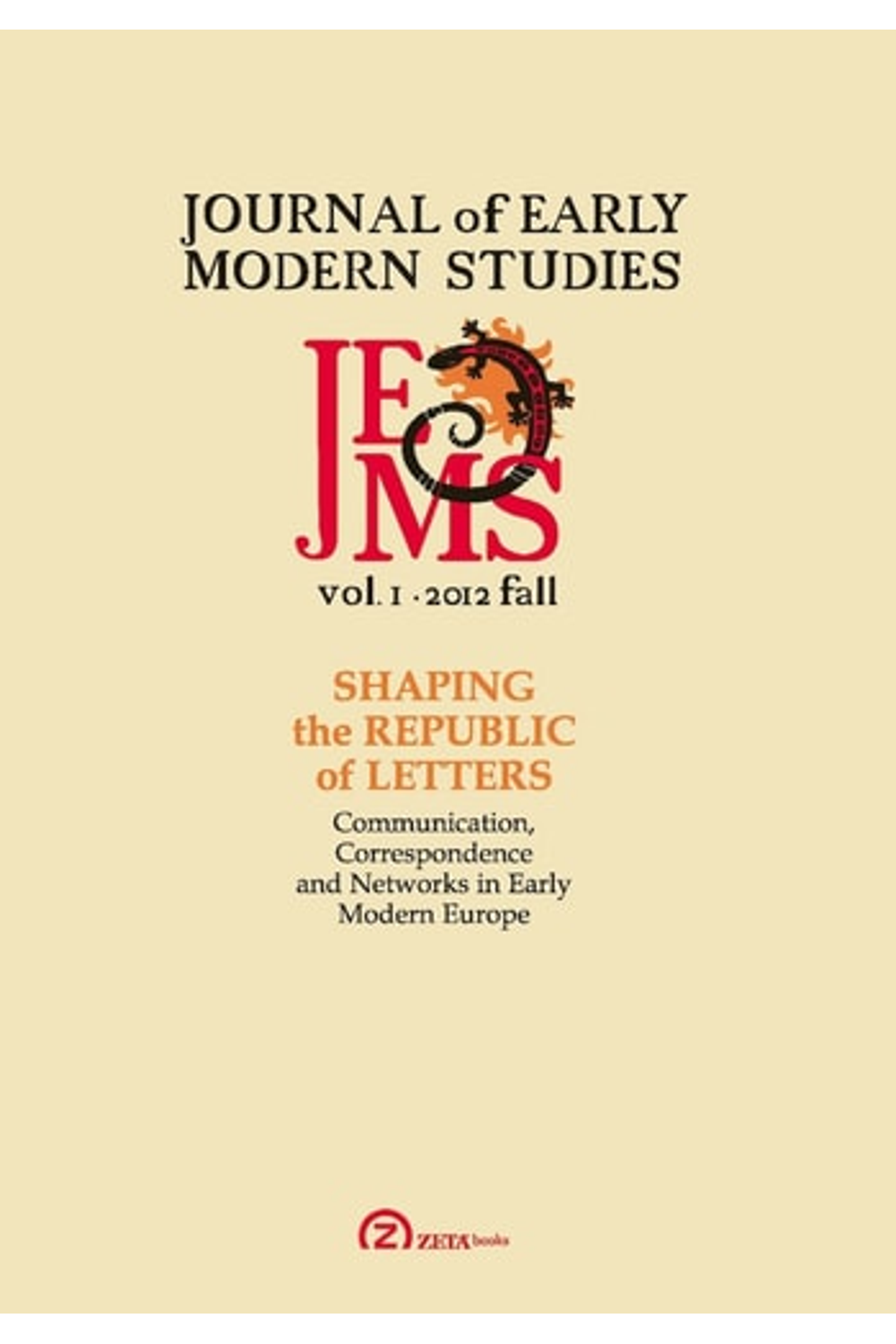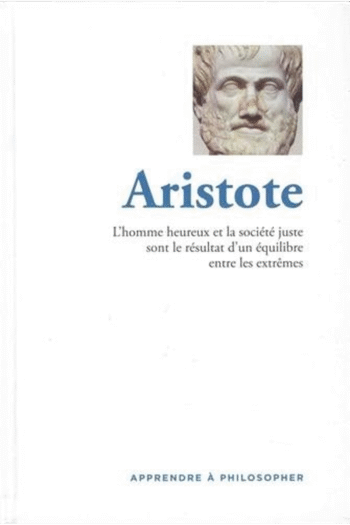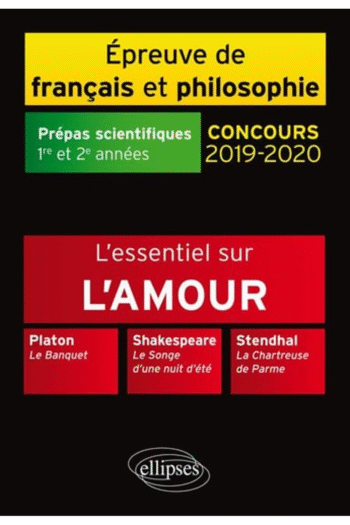Explore the vibrant world of early modern intellectual exchange with “Journal of Early Modern Studies, 1.1/2012: Shaping the Republic of Letters.” This special issue, featuring contributions from esteemed scholars like Daniel Andersson and Roger Ariew, delves into the intricate network of communication, correspondence, and intellectual societies that comprised the ‘Republic of Letters’. Published by Zeta Books, this 220-page paperback unveils how scholars built reputations, debated ideas, and disseminated knowledge across borders in a pre-internet era. Discover the pivotal role of letters, nascent journals, and scholarly circles in shaping scientific, philosophical, and political thought. A key resource for understanding the foundations of modern scholarship and the enduring legacy of intellectual collaboration in early modern Europe. Ideal for students, researchers, and history enthusiasts.
Journal of Early Modern Studies, 1.1/2012. Special Issue: Shaping the Republic of Letters: Communication, Correspondence and Networks in Early Modern Europe
13,45 $
In stock
Delve into the intricate world of early modern European intellectual life with “Journal of Early Modern Studies, 1.1/2012: Shaping the Republic of Letters.” This special issue, published by Zeta Books in 2012, offers a fascinating exploration of the communication, correspondence, and networks that defined the Republic of Letters the transnational community of scholars and intellectuals that flourished from the Renaissance to the Enlightenment. This collection of essays, authored by leading scholars including Daniel Andersson, Noel Golvers, Roger Ariew, Anne Davenport, Michael Deckard, Koen Vermeir, J.B. Shank, and Vlad Alexandrescu, sheds light on the diverse ways in which ideas were disseminated, debated, and transformed during this pivotal period. Instead of merely reciting well-worn narratives, the contributors adopt fresh perspectives, examining the practical mechanisms and social dynamics that underpinned the Republic of Letters. Explore how personal letters, academic journals (in their nascent forms), and scholarly societies fostered intellectual exchange across geographical and linguistic boundaries. Discover the vital role played by printers, booksellers, and postal systems in connecting thinkers from across the continent. The volume addresses key questions: How did scholars build their reputations and establish their authority through correspondence? What were the rules and conventions governing intellectual debate? How did the Republic of Letters shape the development of scientific, philosophical, and political thought? The early modern period witnessed a surge in literacy and a growing appetite for knowledge. This special issue of the Journal of Early Modern Studies investigates how these trends contributed to the formation of a distinct intellectual culture, characterized by a commitment to reason, open inquiry, and critical thinking. Learn about the challenges faced by scholars in navigating censorship, religious controversies, and political instability. This paperback edition, spanning 220 pages, offers a valuable resource for students, researchers, and anyone interested in the history of science, philosophy, literature, and intellectual history. The book provides insightful analyses of key figures, institutions, and debates that shaped the modern world. Weighing in at 360 grams, this special issue will enhance any serious researcher’s library. This edition presents important work in the field and is a solid contribution to the historic record. “Shaping the Republic of Letters” offers a unique and compelling portrait of an era when ideas were truly global, and intellectual collaboration transcended national borders. Its a must-read for understanding the foundations of modern scholarship and the enduring legacy of the Republic of Letters.
| Authors | Anne Davenport, Daniel Andersson, J.B. Shank, Koen Vermeir, Michael Deckard, Noel Golvers, Roger Ariew, Vlad Alexandrescu |
|---|---|
| Binding | |
| Condition | |
| ISBN-10 | 6068266354 |
| ISBN-13 | 9786068266350 |
| Language | |
| Pages | 220 |
| Publisher | |
| Year published | |
| Weight | 360 |
Related products
- Additional information
- Currencies
- USD – United States dollar
- EUR – Euro
- GBP – Pound sterling
- CNY – Chinese yuan
- BRL – Brazilian real
- MXN – Mexican peso
- JPY – Japanese yen
- PHP – Philippine peso
- THB – Thai baht
- PLN – Polish złoty
- CAD – Canadian dollar
- MYR – Malaysian ringgit
- AUD – Australian dollar
- TWD – New Taiwan dollar
- CZK – Czech koruna
- SEK – Swedish krona
- HUF – Hungarian forint
- ILS – Israeli new shekel
- CHF – Swiss franc
- HKD – Hong Kong dollar
- DKK – Danish krone
- SGD – Singapore dollar
- NOK – Norwegian krone
- NZD – New Zealand dollar





